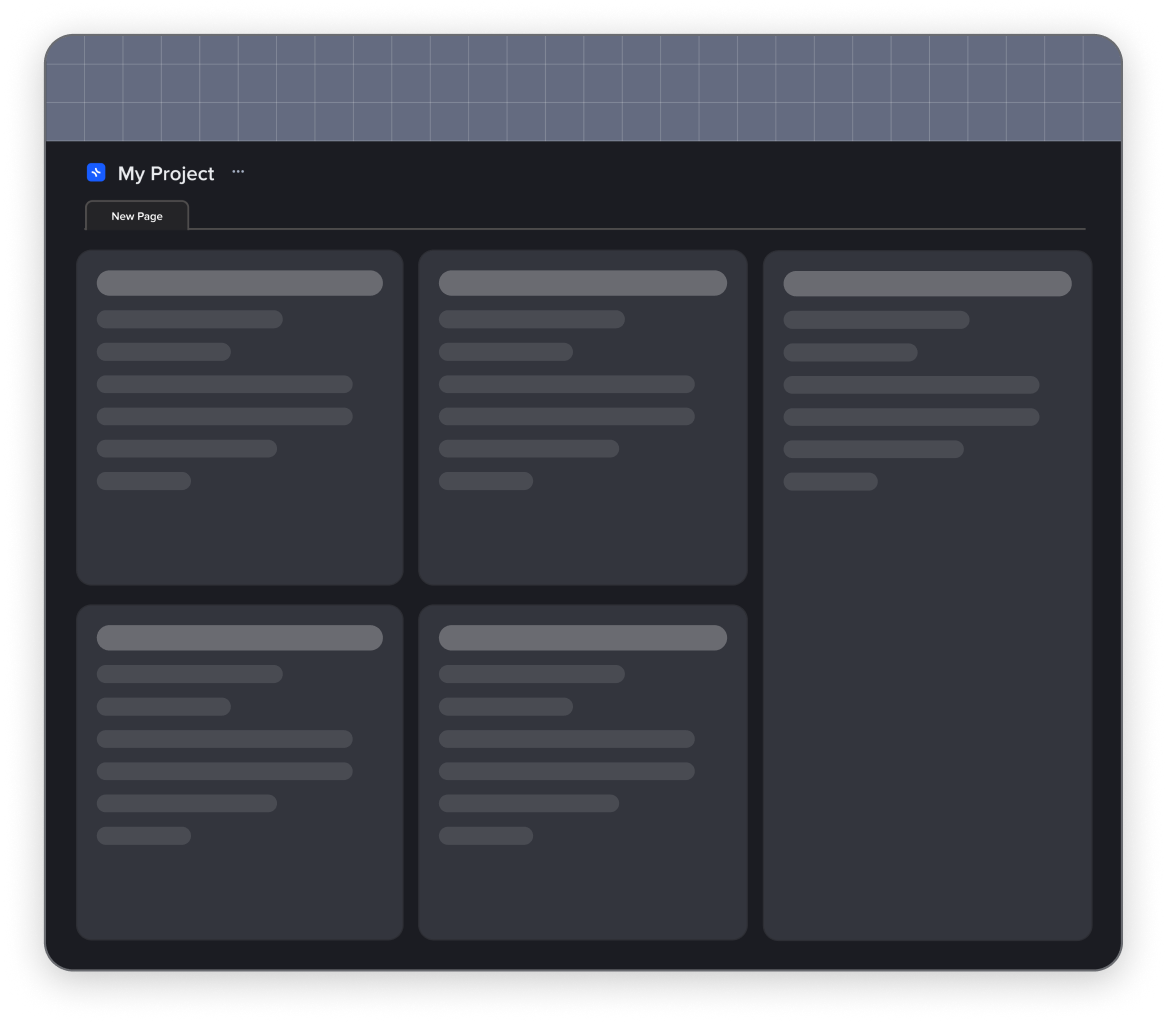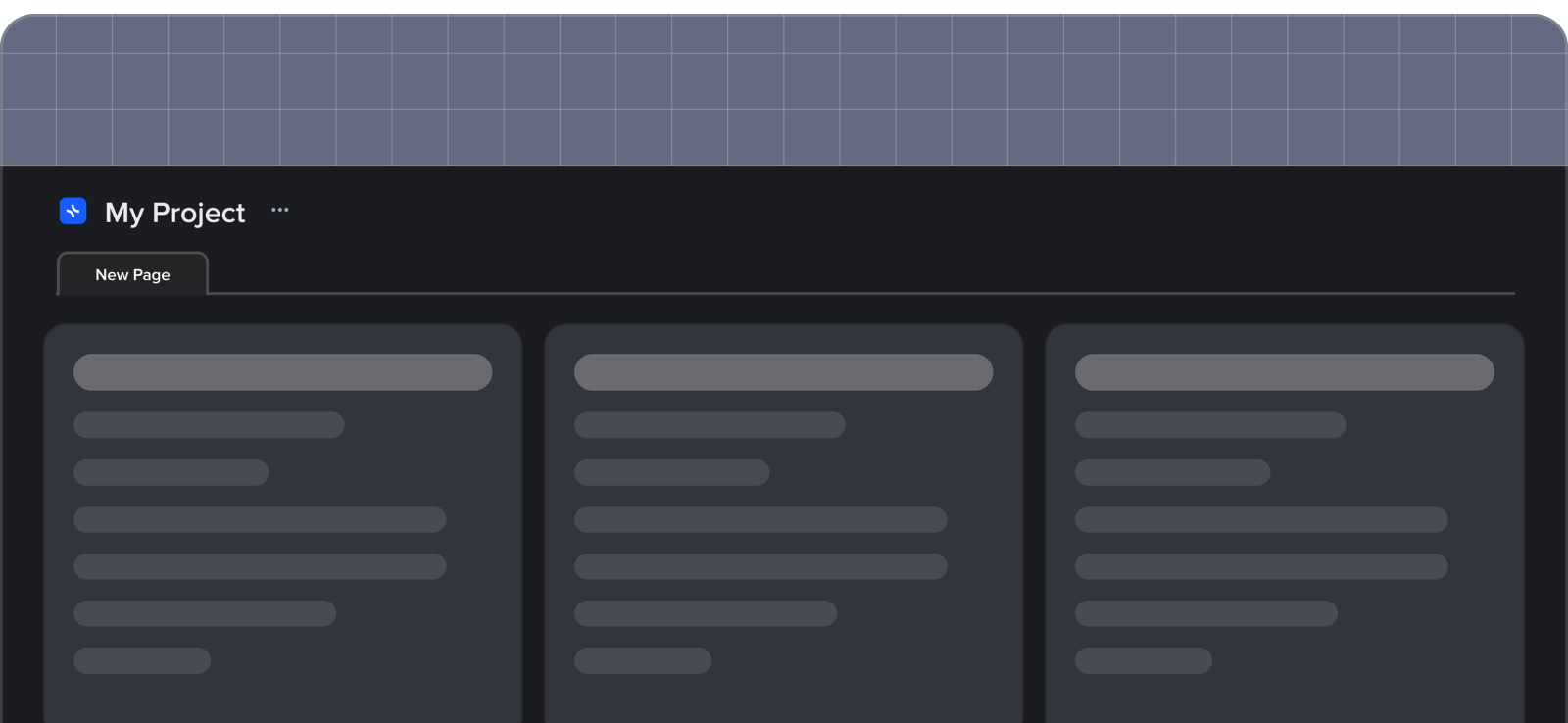This free marketing management template streamlines the campaign planning process, enhances team collaboration, and ensures consistency across various marketing activities by offering a customizable structure for campaign planning, task tracking, and performance analysis.





